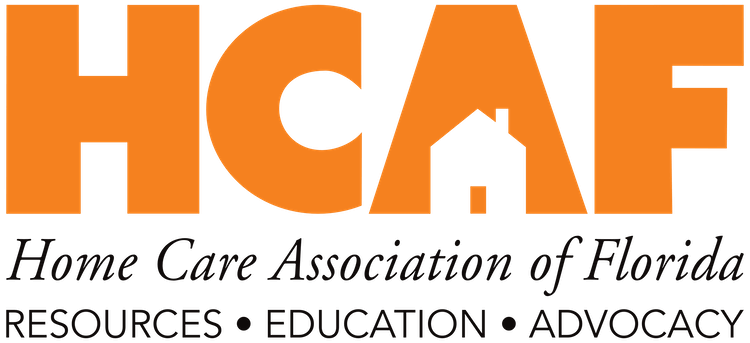Federal Court Dismisses Industry Lawsuit Against CMS Payment Reductions

Federal Court Dismisses Industry Lawsuit Against CMS Payment Reductions
In a ruling issued on April 26, 2024, a federal court in Washington, D.C., dismissed the National Association for Home Care & Hospice (NAHC) lawsuit against the U.S. Department of Health and Human Services (HHS) on procedural grounds. The lawsuit challenged the Centers for Medicare & Medicaid Services’ (CMS) implementation of the Patient-Driven Groupings Model (PDGM) “budget neutrality adjustment.” The Court's opinion can be accessed here and the Court's order here.
The court dismissed the case, stating that NAHC had not exhausted the administrative appeal rights available to health care providers, specifically the "Request for Expedited Judicial Review" step. However, the Court ruled in NAHC’s favor on a crucial aspect, rejecting the Department of Justice's (DOJ) argument that judicial review was entirely precluded on issues related to the PDGM system. The Court confirmed that NAHC could challenge the budget neutrality adjustment methodology once administrative remedies are exhausted. The merits of NAHC’s claim that the methodology violated Medicare law were not evaluated.
“We are disappointed with the court’s ruling. However, it is a minor setback that we can readily overcome,” said William A. Dombi, Esq., NAHC President and legal counsel. “Often justice delayed is justice denied. Here, we will have our day in court. This battle is far from over.”
NAHC is now evaluating its options, including appealing the Court’s ruling on administrative appeals or pursuing a request for expedited judicial review with CMS. If granted, NAHC could then refile the lawsuit, focusing on the merits of their claims.
In July 2023, NAHC filed the lawsuit against HHS, challenging the methodology CMS used to calculate PDGM budget neutrality adjustments mandated by Congress. CMS had applied payment rate reductions of 3.925% in 2023 and 2.89% in 2024, with future cuts anticipated under this adjustment authority.
NAHC's primary claim was that CMS's methodology violated the plain language of Medicare law. Additionally, the lawsuit argued that CMS improperly considered changes in the volume of therapy visits, contrary to the requirement to eliminate therapy thresholds.
Alongside its litigation efforts, NAHC and its partner organizations, including HCAF, continue their congressional advocacy for PDGM relief. Legislation is pending in Congress that seeks to eliminate CMS’s authority to impose any budget neutrality-based rate cuts. Last month, NAHC organized a successful fly-in and virtual lobbying day, resulting in numerous meetings with members of Congress and tens of thousands of messages sent to Congress.
Take Action: Urge Congress to Oppose Medicare Home Health Cuts
Medicare reimbursement cuts worsen an already precarious situation for providers and patients, particularly with the current 76% referral rejection rate. Congress is actively considering legislation to mitigate these cuts, and your support is crucial.
Please advocate for the sustainability of the Medicare home health benefit by contacting your members of Congress in support of the Preserving Access to Home Health Act (S.2137/H.R.5159)!
This legislation would:
- Halt CMS from implementing certain permanent and temporary payment reductions. Despite stakeholder feedback, CMS's interpretation of budget neutrality under the PDGM has resulted in significant payment reductions. This bill would revoke CMS's authority to make these cuts based on flawed methodologies.
- Direct the Medicare Payment Advisory Commission (MedPAC) to analyze the Medicare home health program comprehensively. This includes reviewing the impact of Medicare payment policies on service delivery beyond Medicare, incorporating trends from Medicare Advantage, Medicaid, and other payers. It also ensures transparency in MedPAC's calculations and updates Medicare home health cost reports with visit utilization and payment data.
Click here to email your elected officials and urge them to support this critical legislation. Your advocacy can safeguard essential home health services for those who rely on them.
